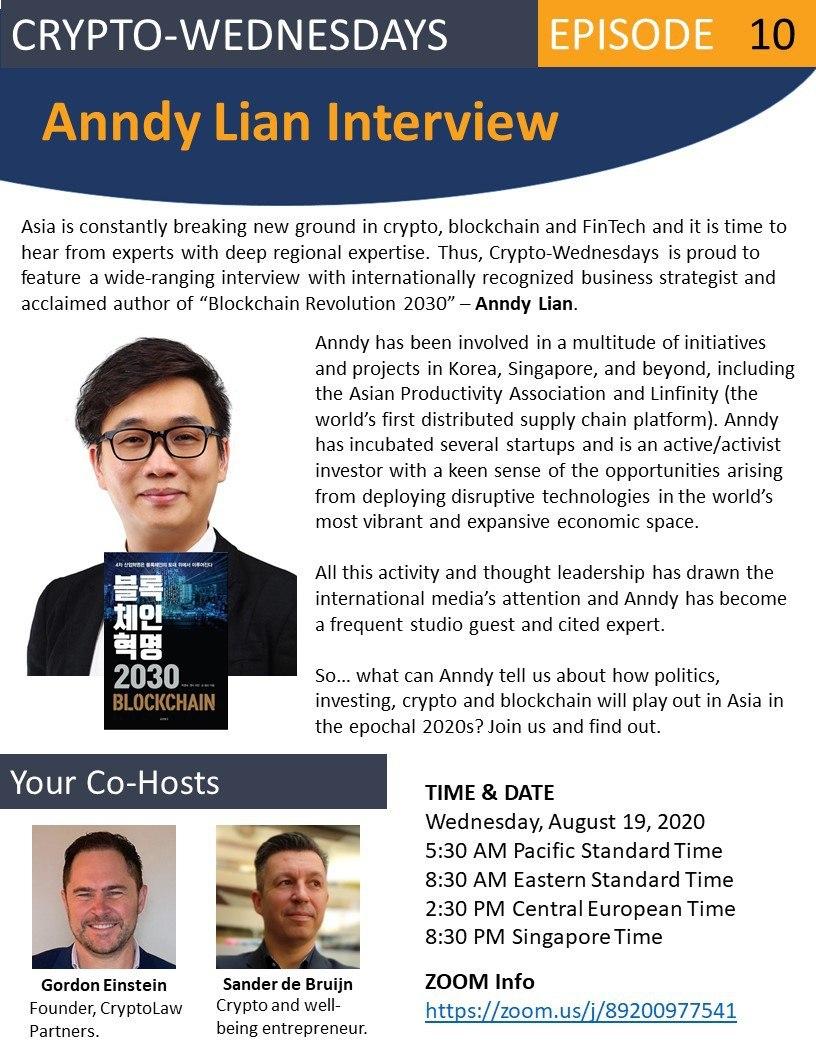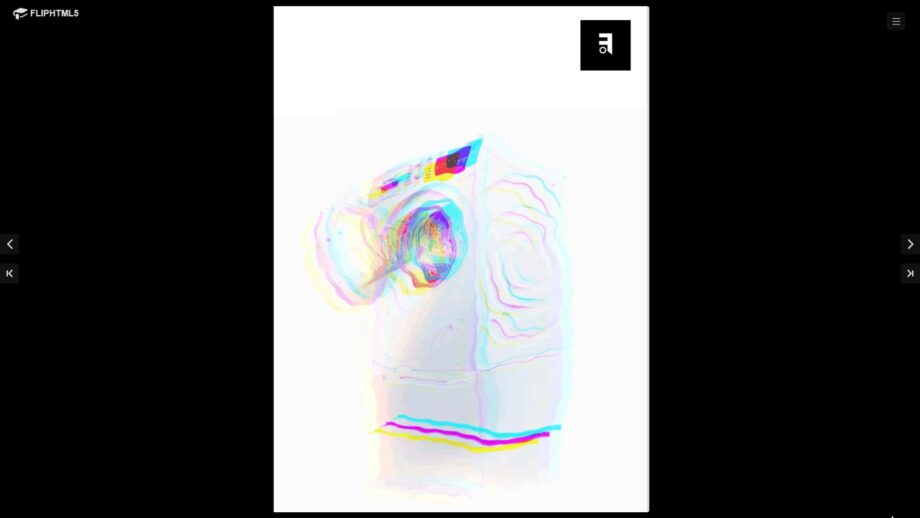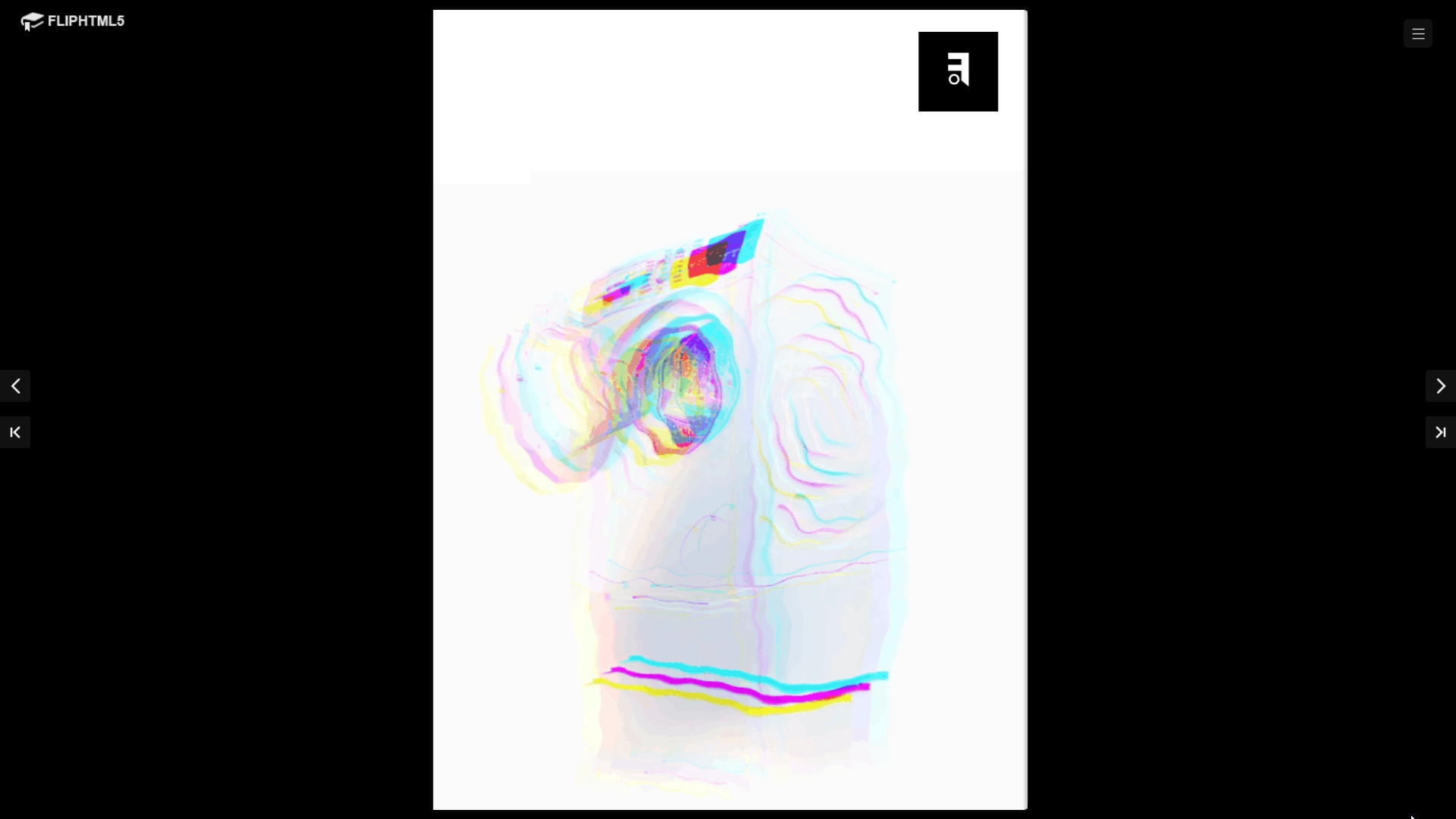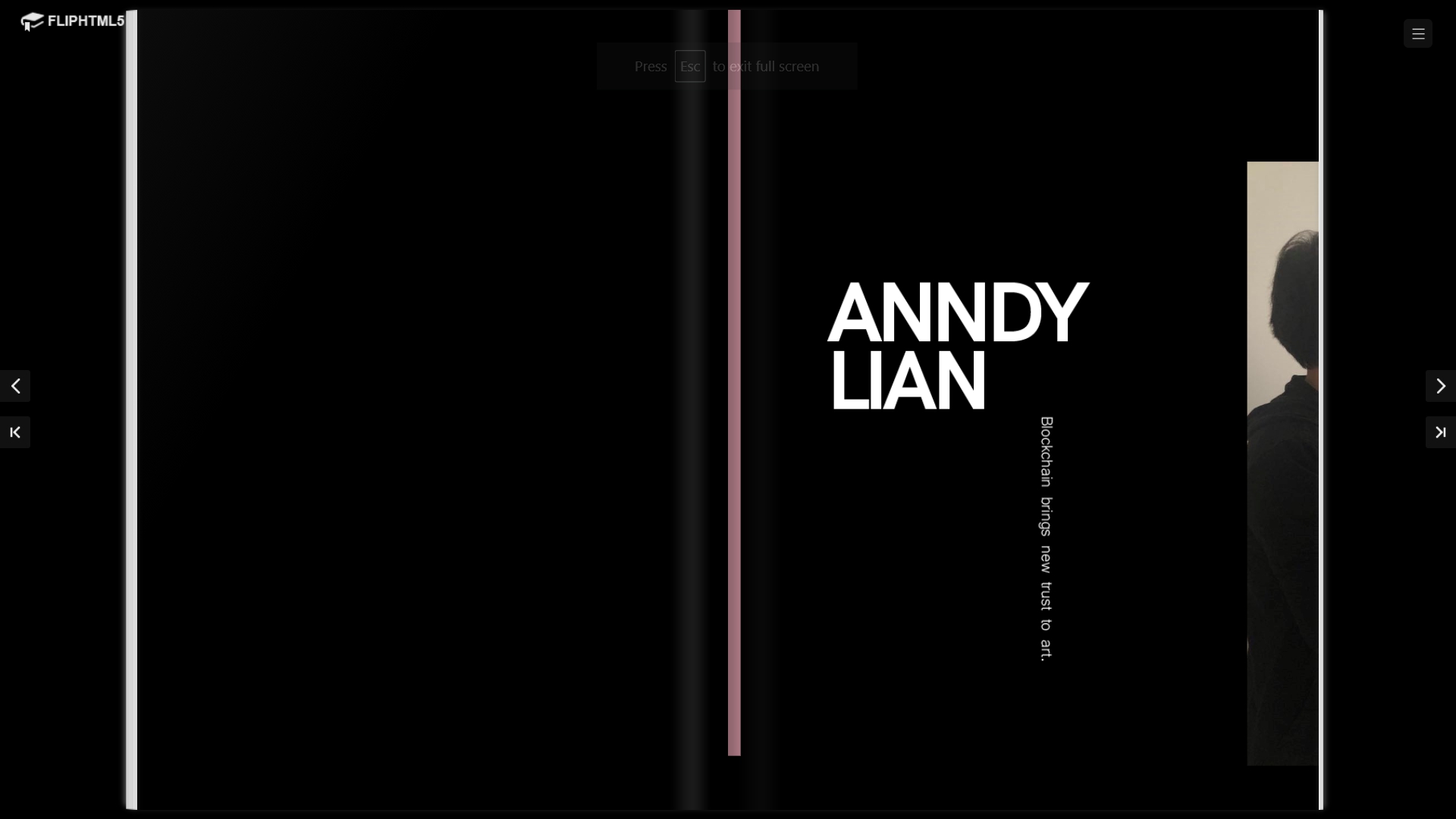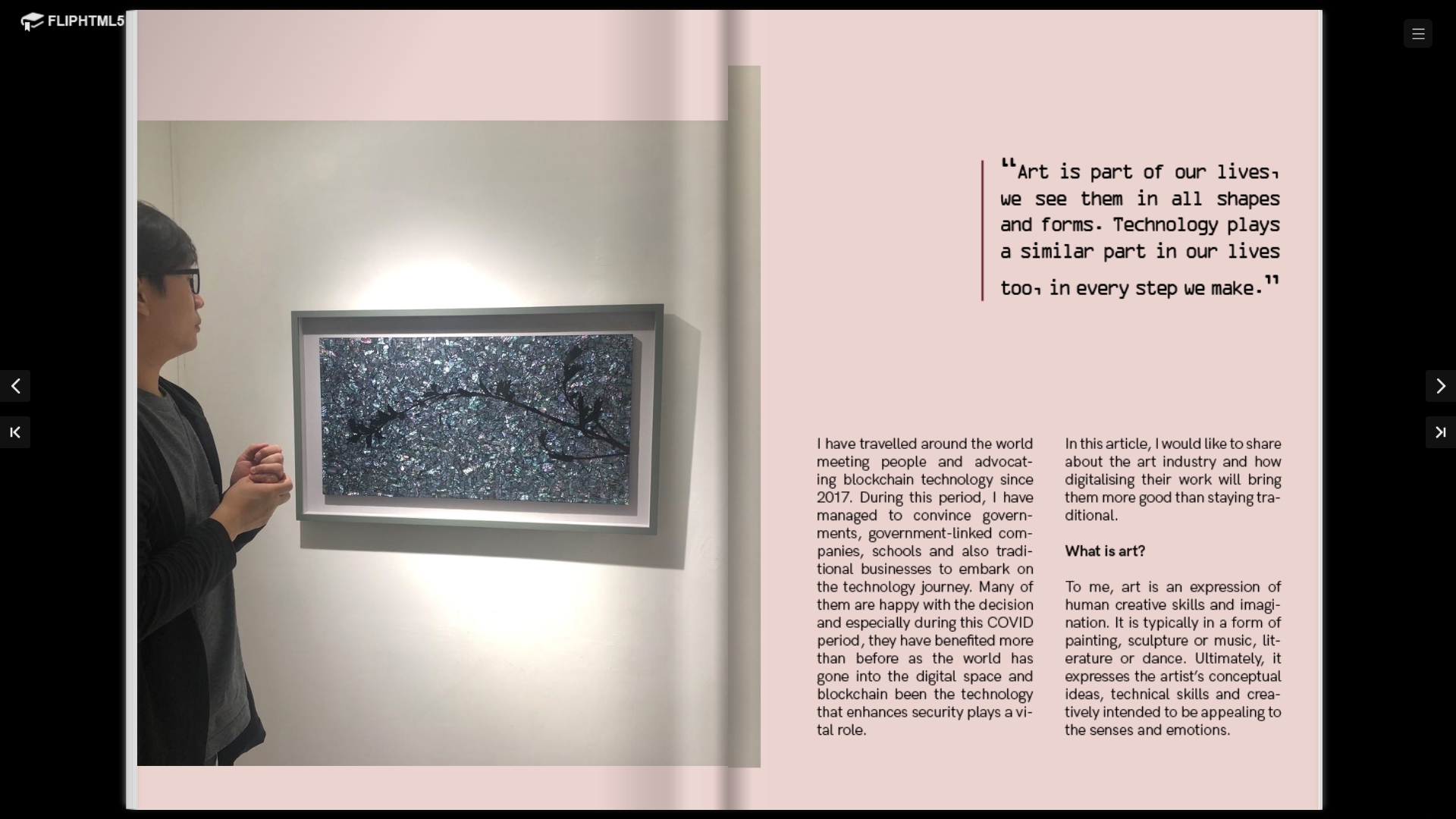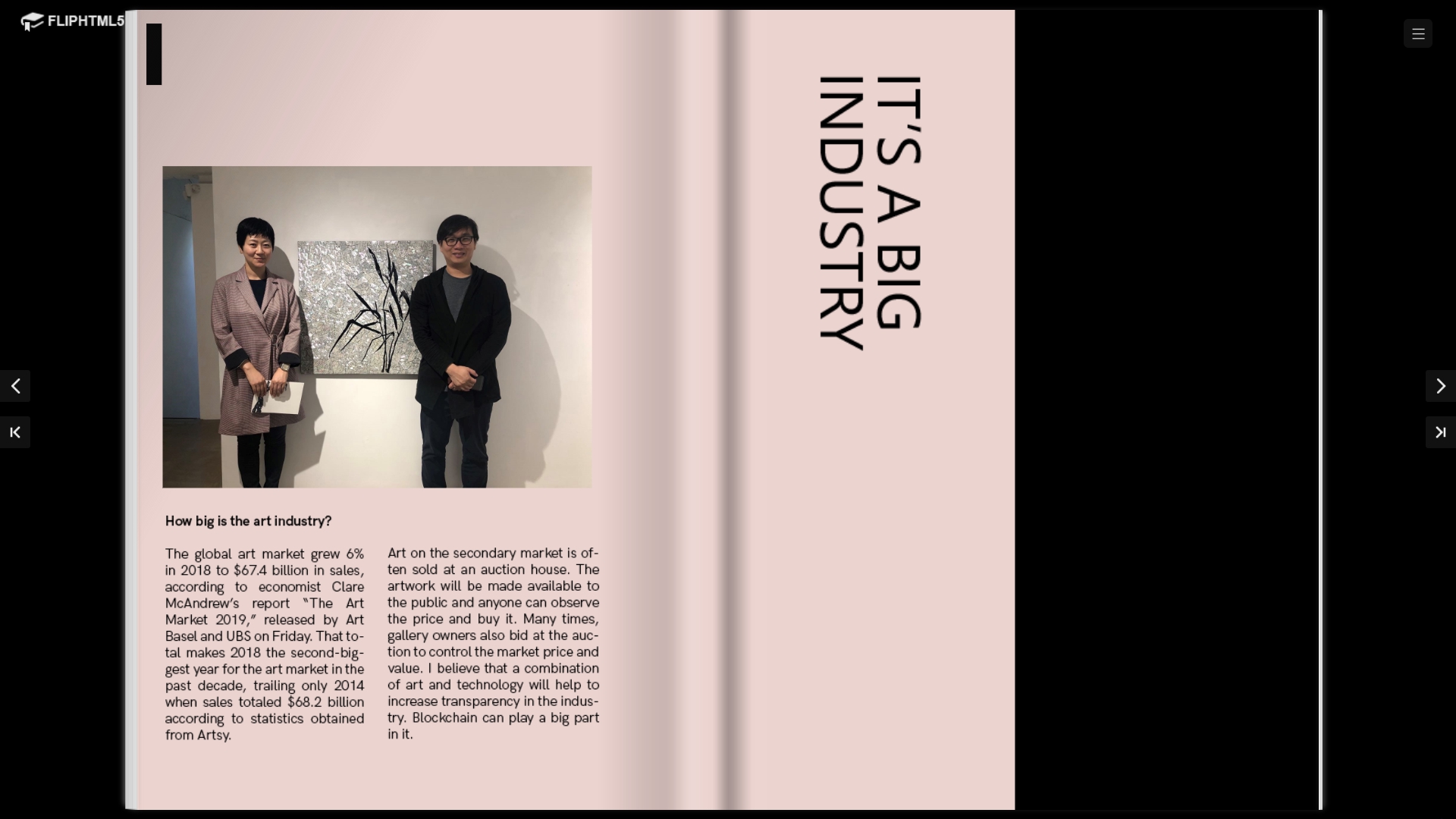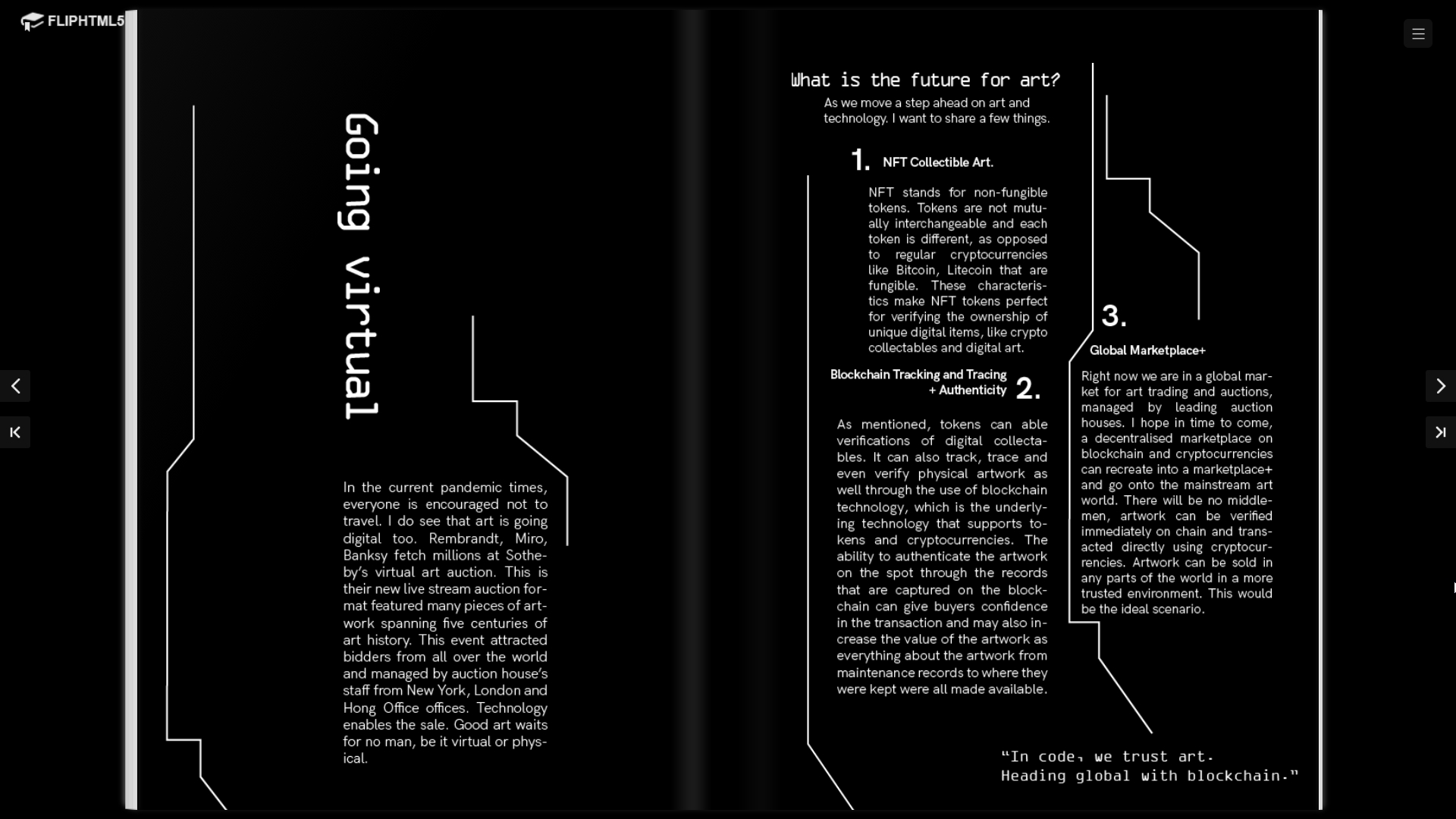Blockcast.cc: This is our weekly segment where expert meets expert. Let’s meet, Paolo Ardoin0 CTO of Tether & Anndy Lian Advisory Board Member of Hyundai DAC. Hi gentlemen.
Paolo & Anndy: Hi Jenny.
Blockcast.cc: Let me start off with this question: Tether has grown significantly, what is your partner’s network like at Tether?
Paolo: The market cap of Tether has recently risen above US$11 billion. Tether works across a diversity of different blockchains, including Algorand, Ethereum, EOS, Liquid Network, Omni and Tron. Further, Tether operates a robust AML regime underpinned by adherence to, as a baseline minimum, U.S. Bank Secrecy Act standards.
Blockcast.cc: Ethereum is the market leader for DeFi now, do you think they will keep this position for long? Who else is the next contender?
Paolo: We are not in a position to comment on Ethereum’s longevity in DeFi. Definitely, we expect to see other blockchains trying to catch up and compete in this space. However, the Ethereum community continues to be really supportive of Tether. Their support has contributed to numerous DeFi projects wanting to use Tether for their projects.
Blockcast.cc: Tether is an enabler in the crypto space. Do you have plans for tether in the DeFi market?
Paolo: Tether (USDt) is playing a central role in the rapid ascent of decentralized finance (DeFi). As the most liquid, stable and trusted stablecoin, USDt will continue to help shape industry developments in a decentralized manner. We are aiming for USDt to be adopted by more DeFi projects, and that USDt will become the reserve currency of DeFi.
Blockcast.cc: Lastly, how do you see the DeFi space shaping up in two, three or five years?
Paolo: The DeFi space will continue to drive an alternative financial system that is disintermediating the need for banks and trusted centralised third parties. We will continue to see innovation in the DeFi space with USDt functioning as the reserve currency of DeFi, providing much-needed liquidity across the leading platforms in the space.
Blockcast.cc: I saw that you have been commenting about DeFi. Let me start with this question. At the moment, available data suggests that the vast majority of total DeFi value is locked into platforms that use the Ethereum blockchain. In your view, why is this the case? Is Ethereum the best platform for DeFi? Or was it simply the early mover?
Anndy Lian: Ethereum has the first-mover advantage as of many times in the crypto history from taking the lead to the early ICO to smart contracts and now DeFi. Ethereum is the 2nd on the chart and one of the best testing bed for the industry. If Eth cannot make Defi work, no one else can.
Blockcast.cc: Besides Ethereum, Tron and EOS have a notable presence in the DeFi space. Do you expect them to increase their market share in the future?
Anndy Lian: The market share is starting to spread but it will be slow. Ethereum will take the lead till 2021 on Defi while the rest are playing catch up. Justin Sun’s Tron DeFi project are gaining traction too but not as fast. We may be expecting to see big movements there too.
Blockcast.cc: How do you think the launch of Ethereum 2.0 will affect this picture? Do you expect Ethereum to increase its market share once it transitions to a more scalable proof-of-stake consensus mechanism?
Anndy Lian: When ETH goes into its full scaling mode, they will create another wave, it could be after Defi. I hope the 2.0 era will help elevate all coins. Tether will play a big part in this new wave too by providing liquidity.
Blockcast.cc: Lastly, how do you see the DeFi space shaping up in two, three or five years’ time? Will Ethereum still be the main DeFi blockchain?
Anndy Lian: The bubble is huge in the Defi space going at the current pace. The kind of return investors get from sites like Uniswap are very high, at times it is like an overnight 100%. If the current players create a proper environment and follow some form of governance, Defi will grow stronger in the next 2 years time. But if everyone is trying to get short term gains and every project tries to become “DeFi”, then this crazy period will just be a shorter ICO like run for the industry. Thanks, Jenny for bringing us together for this segment.
Blockcast.cc: Thanks, Anndy and Paolo for the wonderful replies.
Paolo: Likewise, we are all building up the crypto ecosystem.
Anndy: We are all shifting toward a decentralised finance era and there will be more excitement to come.
Blockcast.cc: Thanks gentlemen for your time with us this evening. This interview is bought to you by www.blockpaths.com and facilitated by www.blockcast.cc. For more interviews, please go to www.blockcast.cc/interviews.
Original Source: https://blockcast.cc/interviews/fireside-exchange-with-blockchain-experts-paolo-ardoino-and-anndy-lian-shifting-towards-decentralized-finance-era/

Anndy Lian is an early blockchain adopter and experienced serial entrepreneur who is known for his work in the government sector. He is a best selling book author- “NFT: From Zero to Hero” and “Blockchain Revolution 2030”.
Currently, he is appointed as the Chief Digital Advisor at Mongolia Productivity Organization, championing national digitization. Prior to his current appointments, he was the Chairman of BigONE Exchange, a global top 30 ranked crypto spot exchange and was also the Advisory Board Member for Hyundai DAC, the blockchain arm of South Korea’s largest car manufacturer Hyundai Motor Group. Lian played a pivotal role as the Blockchain Advisor for Asian Productivity Organisation (APO), an intergovernmental organization committed to improving productivity in the Asia-Pacific region.
An avid supporter of incubating start-ups, Anndy has also been a private investor for the past eight years. With a growth investment mindset, Anndy strategically demonstrates this in the companies he chooses to be involved with. He believes that what he is doing through blockchain technology currently will revolutionise and redefine traditional businesses. He also believes that the blockchain industry has to be “redecentralised”.

